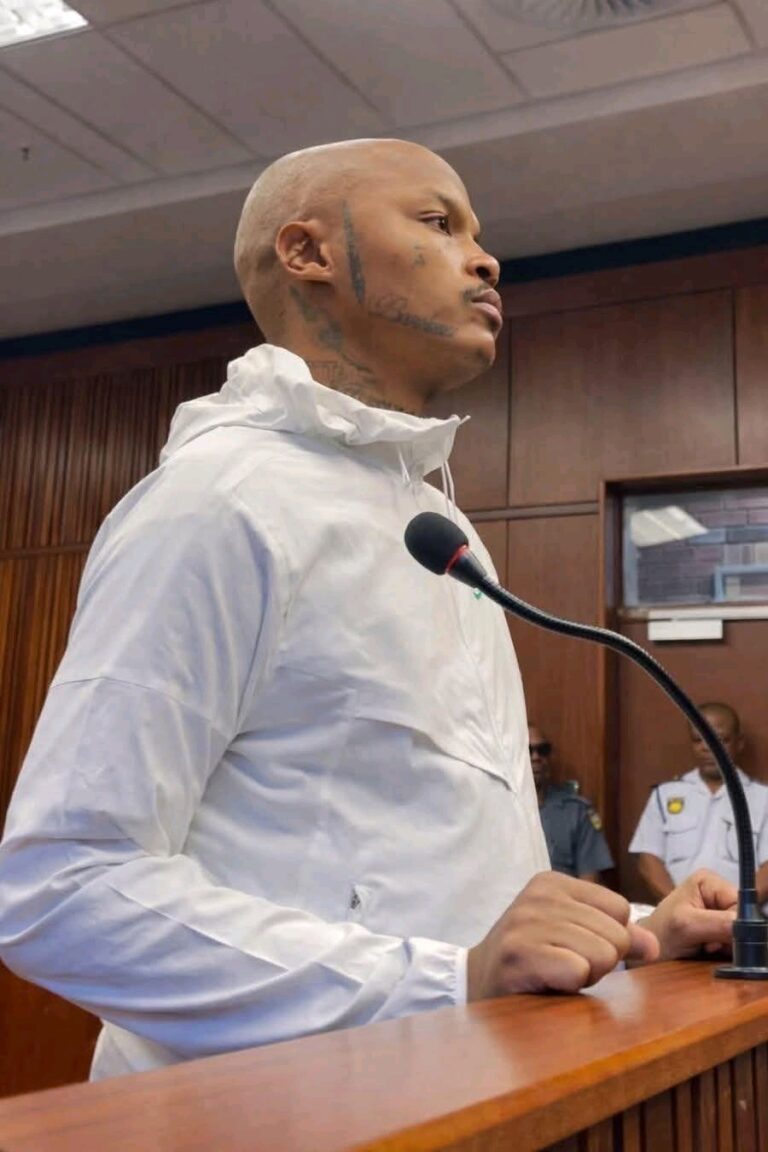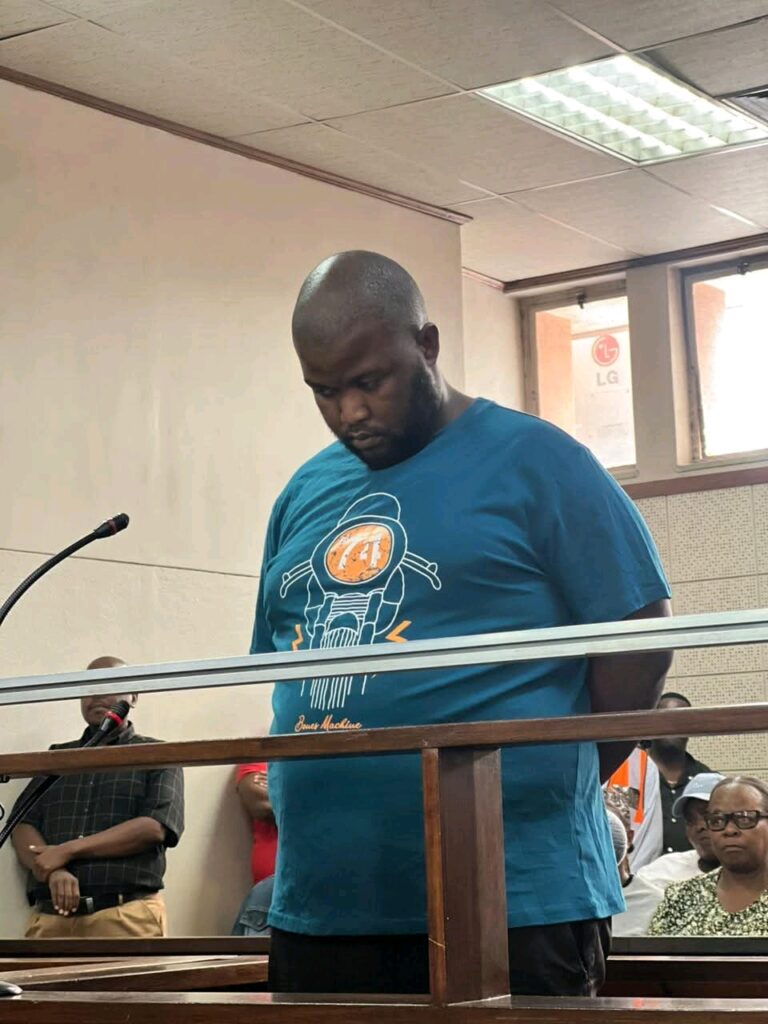
Bianca Coster, a well-known digital content creator and actress, has finally spoken out about the damaging impact of being impersonated by the controversial social media account, Chris Excel. With over 3.3 million followers on X (formerly Twitter), Chris Excel has used Coster’s images to create a false identity while posting offensive and controversial content—an act that has deeply affected Coster both personally and professionally.
In a candid TikTok video, Coster detailed the financial and emotional setbacks she’s endured since her pictures were used without her consent. Once a rising star in the influencer and advertising space, she collaborated with high-profile brands like Vaseline, MTN, and Darling Hair. She also featured in television commercials and was steadily building her brand. However, all that changed when Chris Excel began using her photo.
“I used to work with phenomenal brands. I had a lot going for me before Chris Excel used my picture. After that, things just started declining,” she said.
Coster expressed frustration and confusion as to why her image was targeted. “Why couldn’t he use another picture? Why do I have to keep adjusting my life for this person? He could’ve used a plant, or his own face, but he didn’t,” she stated, adding that the impersonation has brought her constant backlash.
The emotional toll has also been significant. Coster described how she now has to justify herself in public spaces and to potential brand collaborators who recognize her face. She explained that despite popular assumptions that the exposure might have helped her career, it has done the opposite.
“This thing is hovering over me. I can’t escape it. And still, people insult me in the comments, like I deserve this. I don’t. All I ask is for my image to be removed, respectfully,” she pleaded.
Coster emphasized that there’s been no personal or professional benefit to the impersonation. Instead, her reputation has suffered, and regaining the trust of brands and followers has been a difficult journey.
In light of the situation, legal experts have weighed in. Speaking to eNCA, legal analyst Ulrich Roux explained that Coster has legal options. He confirmed that impersonating someone online, especially when it’s damaging, qualifies as cyberbullying and violates the Cyber Crimes Act.
“This is harassment. She has every right to seek an interdict to stop Chris Excel from using her pictures,” Roux explained. While identifying the person behind the anonymous account poses a challenge, it is not impossible. Roux noted that with the help of forensic specialists, it’s possible to track IP addresses and trace the source of the account.
Once the perpetrator is identified, Coster could pursue legal action and obtain a court order from the high court to permanently prevent further use of her images.
As the debate around online identity theft and cyber harassment grows, Coster’s case serves as a stark reminder of the real-world consequences of digital impersonation—and the urgent need for accountability in online spaces.







